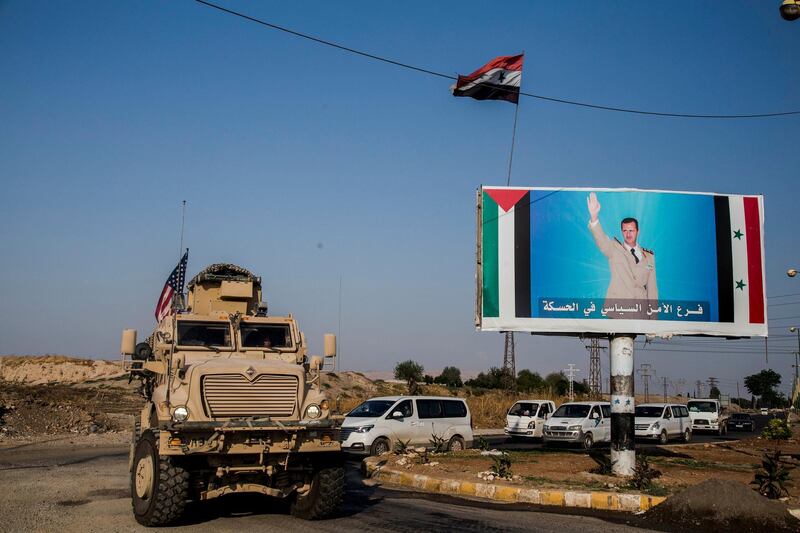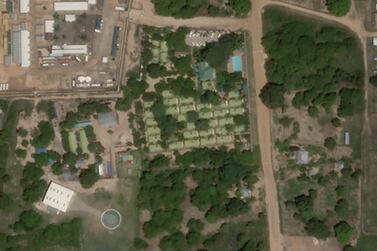The US-led global coalition against ISIS called for sustained operations in Iraq and Syria to continue the fight against the terror group, saying that it has increased its activities in recent months.
Secretary of State Antony Blinken led a group of foreign ministers from other coalition member countries in a statement noting that while ISIS “no longer controls territory and nearly 8 million people have been freed from its control in Iraq and Syria, the threat remains".
"The ministers expressed their condolences and reiterated their support to Iraqi authorities following the increased Daesh/ISIS activity in Iraq and Syria in recent months, including the double suicide attacks in Baghdad on January 21, and called for continued and co-ordinated action."
“This includes allocating adequate military and civilian resources to sustain coalition and legitimate partner forces’ efforts against Daesh/ISIS in Iraq and Syria, including stabilisation support to liberated areas, to safeguard Iraq and Syria’s stability and our collective security interests.”
The US currently has around 2,500 troops in Iraq as part of the counter-ISIS mission and another 900 in Syria to support the Syrian Democratic Forces in the north-east. US forces also maintain a small garrison near Al Tanf on the Syria-Iraq border.
“We continue to closely monitor ISIS activity throughout [Syria] and assess that ISIS has continued its efforts to regroup and carry out attacks in non-[Syrian Democratic Forces]-controlled areas – particularly, as one example, in the Badia desert,” John Godfrey, acting special envoy to the counter-ISIS coalition, told reporters on a press call previewing the ministerial on Monday.
The ministers also welcomed Nato’s decision last month to incrementally expand the alliance’s “non-combat advisory and training mission in Iraq, with the full consent of the government of Iraq and complementing the coalition’s efforts".
Mr Godfrey said that “Iraqi security forces have become increasingly capable in their efforts to counter ISIS operations".
The coalition statement also reiterated an "unwavering commitment" to working with the Iraqi government but condemned attacks on US-led coalition forces stationed throughout the country by Iran-backed militias.
Mr Blinken and his counterparts “recalled that attacks against coalition forces and Iraqi partners, such as those that occurred in Erbil, Baghdad and Al Asad are unacceptable and compromise our collective efforts at the expense of the people of Iraq".
At Baghdad's request, the US and Iraq will hold their first strategic dialogue under the Biden administration to discuss the American troop presence in the fragile country.







